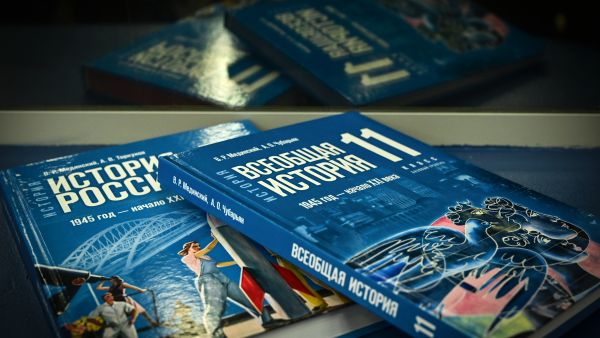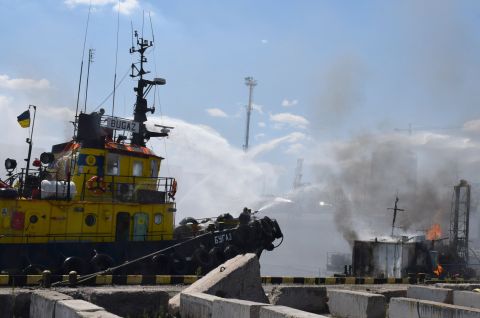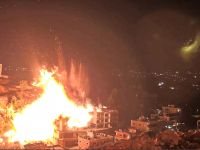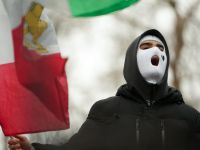ALBAWABA- As the new school year approaches, Moscow has introduced a series of history textbooks that present a revised version of Russia's invasion of Ukraine, aiming to shape the narrative for the younger generation.
This move is part of a broader effort by the Kremlin, under the leadership of Vladimir Putin, to exert tighter control over historical accounts taught in schools.
The trend of influencing historical narratives within educational institutions has gained significant momentum since Putin's decision to initiate a full-scale war on Ukraine in 2022.
This campaign has resulted in a renewed emphasis on presenting the invasion as a "special military operation" undertaken as part of Moscow's perceived historical mission.
The targeted audience for this narrative shift is young Russians, with the new history book tailored for 11th-grade students, typically around 17 years of age.
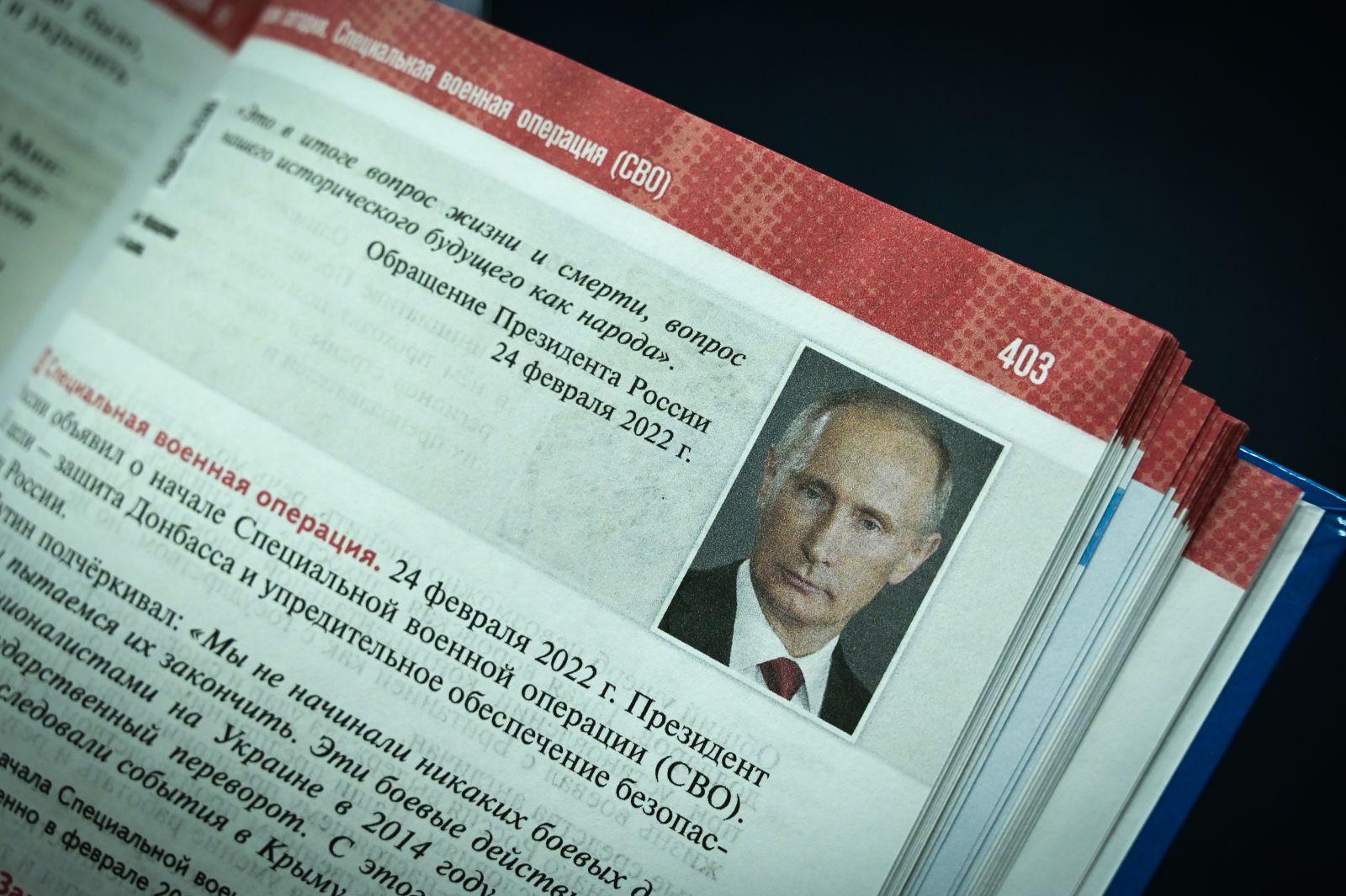
Russia's Education Minister, Sergey Kravtsov, unveiled the new textbook during a press conference in Moscow.
He stated that the material seeks to "convey the aims [of the Ukraine offensive]" to students, highlighting concepts like "demilitarisation and denazification."
These terms echo Putin's stated intentions when he dispatched troops to Ukraine in February of the previous year.
Covering a historical period from 1945 to the present day, the book is scheduled to be introduced in schools across Russia on September 1. Remarkably, the book was completed within a relatively short span of just under five months.
Kravtsov indicated that there are plans to further supplement the book after the conclusion of what the Kremlin refers to as the "special military operation" in Ukraine.
A notable aspect of the new textbook is its portrayal of Russian soldiers as "peacekeepers" during the 2014 annexation of Crimea from Ukraine.
Throughout the text, Ukraine is repeatedly depicted as a "nazi state," while the book takes a critical stance on Western sanctions, likening them to the actions of Napoleon's invasion of Russia in 1812.


